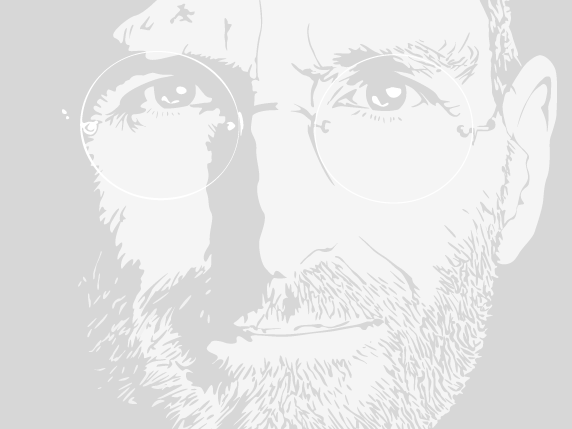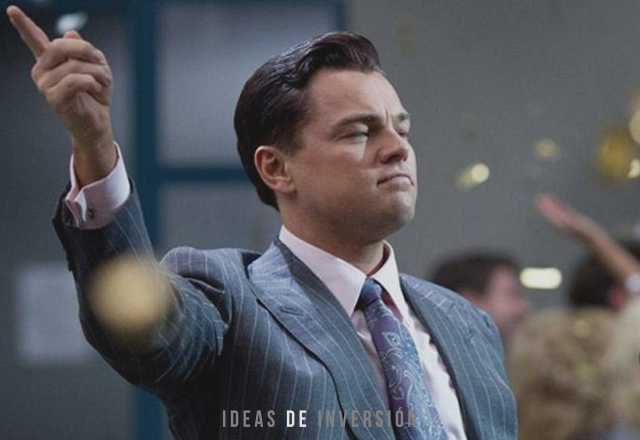Apple did not invent the mp3 player, the tablet, or the smartphone. But while other companies made compromises and took shortcuts to get to market, Jobs had a knack for sticking with his vision of what a product could and should be. I can only imagine the constant stream of obstacles he faced as Apple began to execute these ideas:
- Material shortages and cost limitations
- Ensuring compatibility with previous software
- Market research with conflicting messages
- Pre-existing patents and features from competitors
- Marketing and sales deadlines
Perhaps the difference between Steve Jobs and the «visionaries» at other great companies was his ability to not only see what the future of technology could be, but to work toward that vision without obstruction.
Jobs had a knack for sticking with his vision of what a product could and should be.
Needless to say, it’s easy to lose grasp of a bold vision once the journey begins. Most leaders tack right and left as obstacles reveal themselves, and then they arrive at an entirely different destination. Jobs was different. He had a maniacal grasp of his vision and was unwilling to let other people — even his customers — shift him off-course.
Jobs never compromised and gave us what we wanted, he stayed true to his vision and gave us what we needed.
Most leaders tack right and left as obstacles reveal themselves, and then they arrive at an entirely different destination.
In addition to the external obstacles that obstruct vision, there are also internal obstacles. These are our demons — the self-doubt, the fear of failure, and the impulse to meet others’ short-term expectations at the expense of long-term possibilities. It turns out that Jobs had a mechanism to see beyond this sort of obstacle as well. In his now legendary Stanford graduation speech in June 2005, Jobs shared insight into his personal source of clarity, helping us to understand the spectacularly gutsy decisions he made time, and time again, throughout his career. Even if you’ve read it before, read it again:
Remembering that I’ll be dead soon is the most important tool I’ve ever encountered to help me make the big choices in life. Because almost everything — all external expectations, all pride, all fear of embarrassment or failure — these things just fall away in the face of death, leaving only what is truly important. Remembering that you are going to die is the best way I know to avoid the trap of thinking you have something to lose. You are already naked. There is no reason not to follow your heart.
Indeed, there isn’t, and the only time we think otherwise is when this stark truth — that there is nothing to lose in staying true to what you envision — is obstructed by the froth of short-sighted hopes and fears.
Usually, it takes something extreme, even death itself, to look past obstructions and maintain clarity. Perhaps the legacy of Steve Jobs as a leader is a call for clarity. If only we could all pursue our own visions with a little less obstruction.
There are a lot of great ideas in this world, and the obstacles that get in the way are no excuse. Steve would never stand for it, and neither should we.




